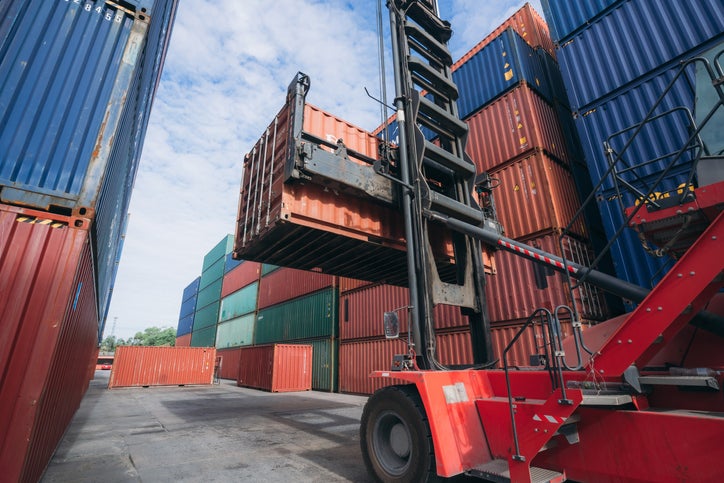Kharon’s UFLPA: From Enforcement to Evolution study points out that since the enforcement of UFLPA, US Customs and Border Protection (CBP) has detained over $1.7bn worth of goods under these claims.
Apparel, footwear, and textiles as well as industrial and manufacturing materials have also been primary detention targets with a combined 1,806 shipments detained worth $98.81m since enforcement began in June 2022.
The Uyghur Forced Labor Prevention Act (UFLPA), signed into law on 23 December, specifically targets the Xinjiang Uyghur Autonomous Region of China, and requires companies, including apparel brands and retailers, to ensure goods mined, produced, or manufactured wholly or in part with forced labour…are not imported into the United States.
But one of the most interesting results is the rise in the number of goods that are stopped when shipped from locations other than China.
According to the CBP: "Third-country manufacturing, where countries beyond China produce goods made with inputs from Xinjiang, is becoming increasingly common." Since there is no de minimis threshold for the UFLPA, any product that contains even a trace amount of inputs made with forced labour is subject to possible enforcement action."
Kharon’s study aims to support the need for a risk-based approach to UFLPA compliance.
Kharon says the complexity of a de minimis threshold plus third-country detention statistics, illustrates why due diligence into all suppliers, not just those located in China, is a core component for any forced labour risk management program.
The US Select Committee on the Chinese Communist Party's report ‘Fast Fashion and the Uyghur Genocide: Interim Findings’ notes that because of the overwhelming volume of small packages and lack of actionable data, last year the United States Customs and Border Protection (CBS) cleared over 685 million de minimis shipments with insufficient data to properly determine risk.
Kit Conklin, VP at Kharon, while speaking before the Congressional-Executive Commission on China (CECC) in April 2023, shared: "The sheer volume and scope of goods targeted under the UFLPA poses significant compliance challenges for the industry, as supply chains have increasingly become globalised, complex and opaque."
Conklin believes the critical challenge for the industry - to discover supply chain visibility and detect risk – is compounded by the Act’s rebuttable presumption and the lack of a de minimis exception, meaning even an insignificant input of product produced in whole or in part with forced labour could result in enforcement action.
The report concludes transhipment and third-country risk, expanded enforcement priorities from CBP, and new global regulations targeting forced labour in supply chains will persist as challenges in the forced labour risk management programs. It recommends adopting a proactive, risk-based approach to UFLPA compliance by adopting the necessary due diligence tools before detention occurs, which will ensure the industry is prepared to manage evolving enforcement trends.









